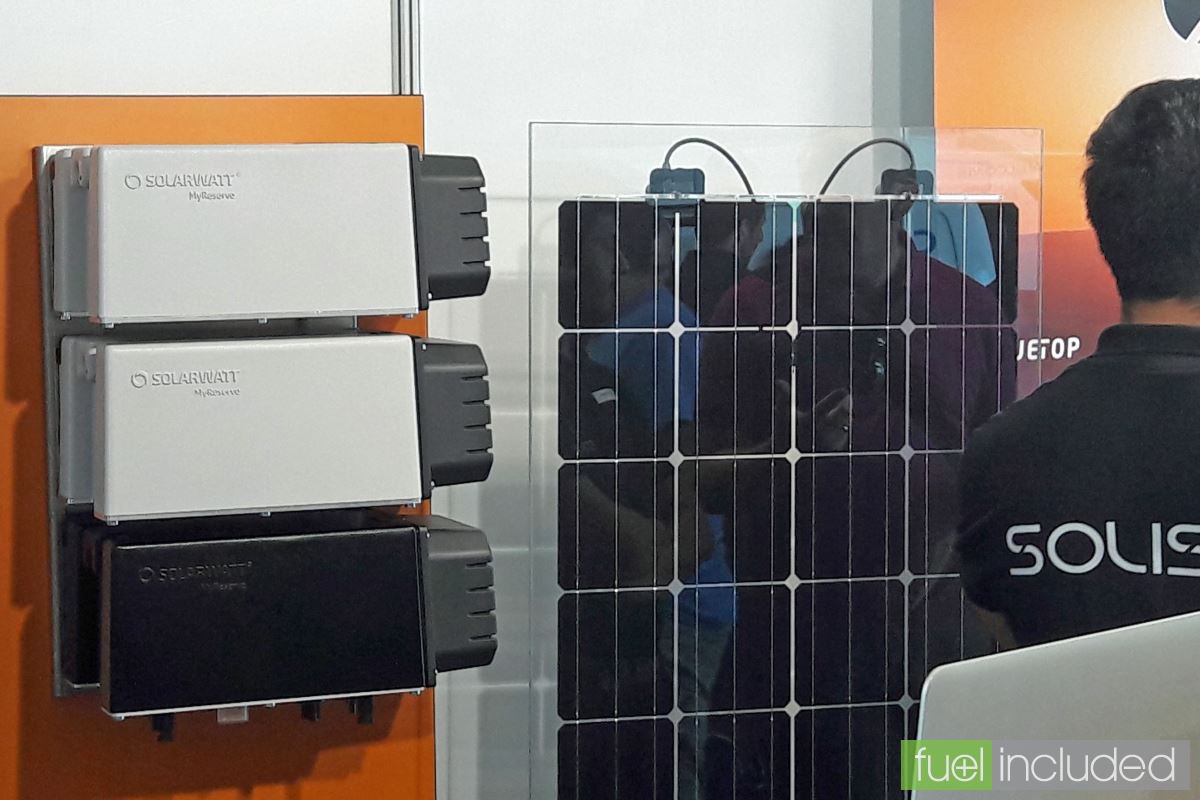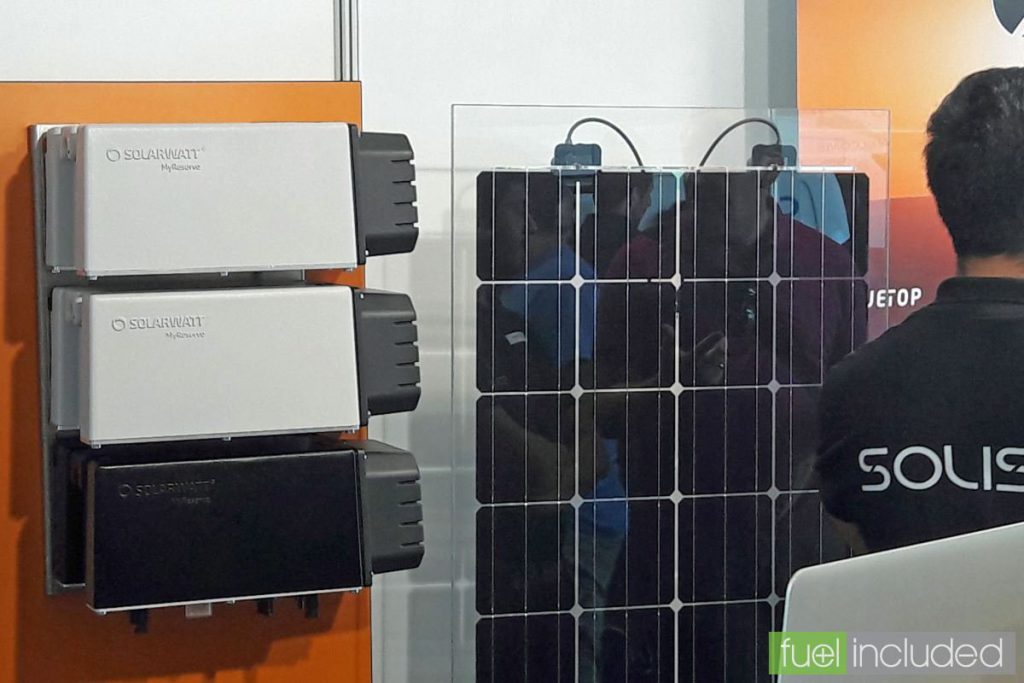Get the basics on how batteries store solar energy.
Not every solar power system has a solar battery attached. In fact, only about 4% of residential solar installations had a battery backup in 2020, though the numbers are climbing quickly. Many solar power systems instead send electricity into a home without any on-site solar energy storage. At that point, through a connection to the conventional power grid, the solar power system “sells back” extra energy to the power company. At night, these grid-connected systems just draw on conventional electricity, buying it from the power company.
Adding a battery system allows for two main benefits. First, it gives homeowners the ability to draw on battery power during hours when the power company is selling electricity at a higher rate, called peak hours, if they use “Time of Use” pricing (PDF).
Peak hours are often the weekdays when the most people are home and using electricity, often around 8-10 a.m. and 6-8 p.m. on weekdays. Secondly, a battery backup allows you to avoid interruptions in electricity if the power grid is out or at night.
While battery systems add to the cost of a solar power installation, these benefits can also defray the costs. To learn more about whether solar batteries are a good fit for you, it helps to understand how they work.
How solar batteries work
When your home doesn’t need all the energy being produced by your solar panels, the excess energy is stored in the battery. When the solar panels aren’t generating enough energy to fill the power needs of the building, the battery discharges reserve power to make up the difference.
Solar batteries typically contain two materials, which react inside the battery in order to both store and discharge electricity — lead acid, an older and cheaper type, and lithium ion, the most popular type of solar batteries currently.
The way you configure your solar battery system affects how it works. You have three main options:
Connect your solar panels to only a solar battery system, filling and discharging it frequently in response to the times without sun that you still want electricity. This is useful when in an area that is “off-grid,” away from electrical utilities.
Connect your solar panels to a solar battery system and to the grid (PDF). You can choose to fill your battery and just keep it as a backup, rarely discharging it, and mostly selling and buying excess electricity from the electric company.
If you live in an area where electricity rates vary with the time of day, you can configure your system to use battery backup at the most expensive times and to buy electricity from the grid at the least expensive times.
Eventually, batteries lose their ability to efficiently react and store energy for future use. Solar battery manufacturers often offer warranties or guarantees to build your confidence in how long these products will work, but their lifespan can vary widely depending on different factors.
Read more: cnet





